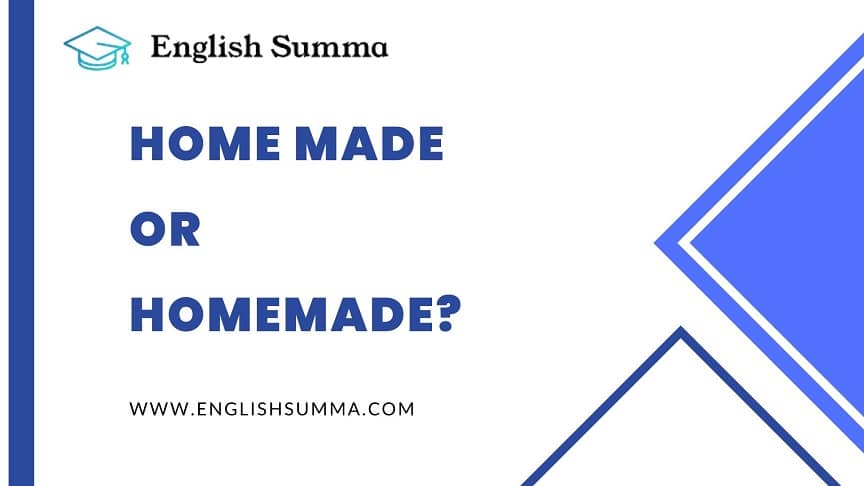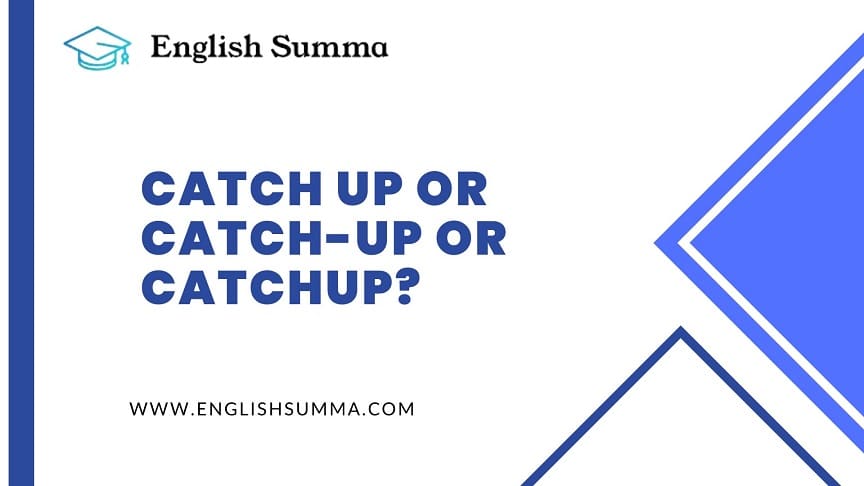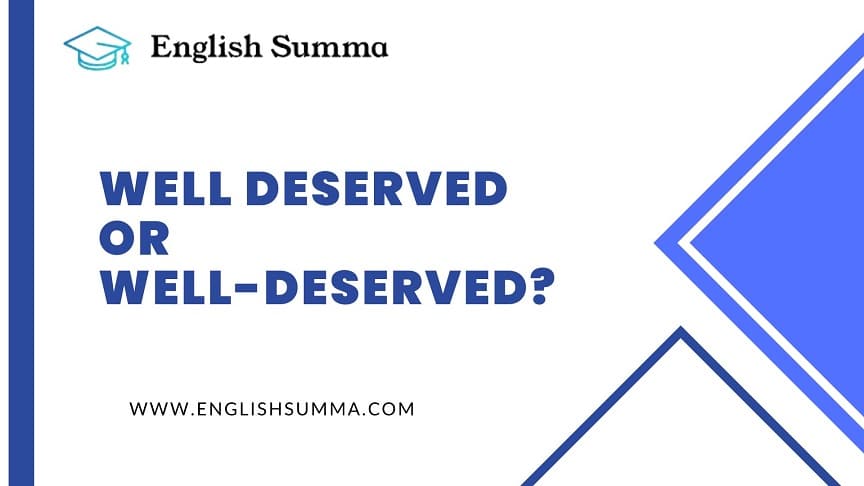Brand New or Brand-New? Which Form is Correct?

In the English language, the usage of compound words can sometimes be confusing, especially when it comes to hyphenation. One ...
Read more
Deciphering the Dilemma: Inhouse, In-House, or In House?

In the realm of English language usage, the distinction between Inhouse, In-House, and In House can be puzzling for many. ...
Read more
Half Day or Half-Day: Exploring the Correct Usage

Introduction In the vast landscape of the English language, the correct usage of compound words often poses a challenge for ...
Read more
Understanding the Difference: Onsite, On-Site, or On Site?

What’s in a Hyphen? Let’s start by addressing the elephant in the room: the hyphen. In English, hyphens serve to ...
Read more
Biweekly or Bi-Weekly?

The terms “biweekly” and “bi-weekly” often lead to confusion in writing. While these two compound words look nearly identical, they ...
Read more
Home Made or Homemade?

The compound word “homemade” is commonly used to describe food, drinks, gifts, crafts, and other items that are made in ...
Read more
Catch Up or Catch-Up or Catchup?

The phrases “catch up,” “catch-up,” and “catchup” are often used interchangeably in English, but they have distinct meanings. Understanding the ...
Read more
Fulltime or Full-Time or Full Time?

The compound adjective “full time” is commonly used in phrases like “full-time job,” “full-time student,” or “full-time parent.” But should ...
Read more
In Person or In-Person?

There has been ongoing debate around the usage of the compound words “in person” versus “in-person”. While they may seem ...
Read more
Well Deserved or Well-Deserved?

The English language, with its myriad rules and exceptions, often leaves writers puzzled when it comes to the proper usage ...
Read more
